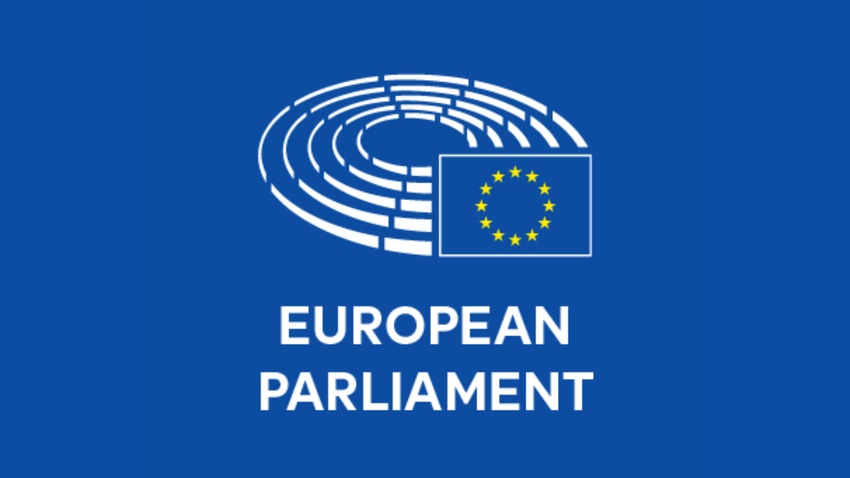In Historic Vote, EU States Unanimously Approve AI Act
‘Milestone’ regulation to set global standard on AI development when it takes effect

At a Glance
- After three years of wrangling, the EU AI is on the home stretch to becoming law.
EU Member States have unanimously approved the EU AI Act, the first time the world’s most comprehensive regulations on AI have been put to a vote before a legislative body.
Capping three years of political wrangling and many amendments, the bloc’s 27 states officially assented to the political agreement reached in December.
Belgium, which holds the EU Council’s presidency, described the Act on X as “a milestone,” adding that the regulation aims to make AI safe and in respect of EU fundamental rights.
Thierry Breton, the EU’s Internal Market Commissioner, tweeted that “the AI Act unleashed a lot of passion … and rightly so!" He said the vote recognizes “the balance found by negotiators between innovation & security.”
Next comes a plenary vote by the European Parliament’s Internal Market and Civil Liberties Committee later in the Spring. Then it is over to the ministers to formally adopt the legislation, with the Act taking effect some 20 days later. Most of the rules would be binding within a two-year span, with specific carve-outs for certain areas. For example, bans on prohibited systems will be applied six months after the rules are transposed, with AI foundation model obligations kicking in a year after.
A dedicated EU AI Office will be established to oversee enforcement.
First law of its kind
The EU AI Act is the world's first comprehensive regulation governing AI. It introduces a rules-based system that categorizes all AI systems based on their potential to impact citizens' rights. Those more likely to impede civil liberties would be subject to strict rules or could be banned outright.
Violations of the Act range from €7.5 million ($8 million) or 1.5% of global annual revenue to €35 million ($38 million) or 7% of revenue.
Natalia Modjeska, research director for AI at sister research firm Omdia, likened the AI Act to the EU’s General Data Protection Regulation (GDPR), saying it will set a global standard on how to develop and deploy AI systems in a responsible and trustworthy manner.
"Its strong principles are commendable, and the amount of work and goodwill invested in reaching the consensus is admirable. But adopting the Act is just the beginning of the journey, since we all know that ‘it is all in the details,' i.e., how the Act will be implemented and enforced. Nevertheless, it is a great first step in the right direction.”
The EU AI Act also introduces limits on the use of biometric identification systems, placing stipulations as to where law enforcement agencies can use such systems in publicly accessible spaces.
There are also provisions covering general purpose AI systems. Developers would be forced to make publicly available summaries of the content used to train general purpose systems.
Foundation models like ChatGPT are also covered by transparency obligations, with developers forced to disclose information on underlying data before they are released to the public.
A lot has changed in three years
The AI Act was first introduced in April 2021. Since then, it has seen multiple revisions to include emerging innovations such as generative AI models and chatbots like ChatGPT.
Even after three years’ worth of revisions, lawmakers still could not agree on the final output. It took two days and 20 hours of continuous debate just to confirm the final text last December. And lawmakers still were not happy with the final output. In the weeks leading up to the EU Council vote, France expressed concerns over copyright issues, Germany took issue with protecting innovation and Italy was at odds over rules for systems like ChatGPT.
Eden Zoller, Omdia chief analyst of Applied AI, said the Act “should be viewed as the start of the AI regulatory journey in the EU not the end.”
“The act has tried to negotiate between a hard line on AI risk while leaving scope for innovation, but whether this is the right balance will only emerge on implementation, which will take time and no doubt surface other gaps that will need to be addressed.”
Read more about:
ChatGPT / Generative AIAbout the Author(s)
You May Also Like


.jpg?width=700&auto=webp&quality=80&disable=upscale)
.jpg?width=700&auto=webp&quality=80&disable=upscale)
.jpg?width=700&auto=webp&quality=80&disable=upscale)
.jpg?width=300&auto=webp&quality=80&disable=upscale)
.jpg?width=300&auto=webp&quality=80&disable=upscale)
.jpg?width=300&auto=webp&quality=80&disable=upscale)

.jpg?width=300&auto=webp&quality=80&disable=upscale)